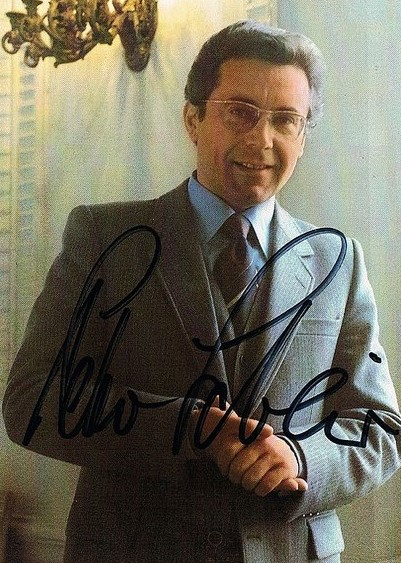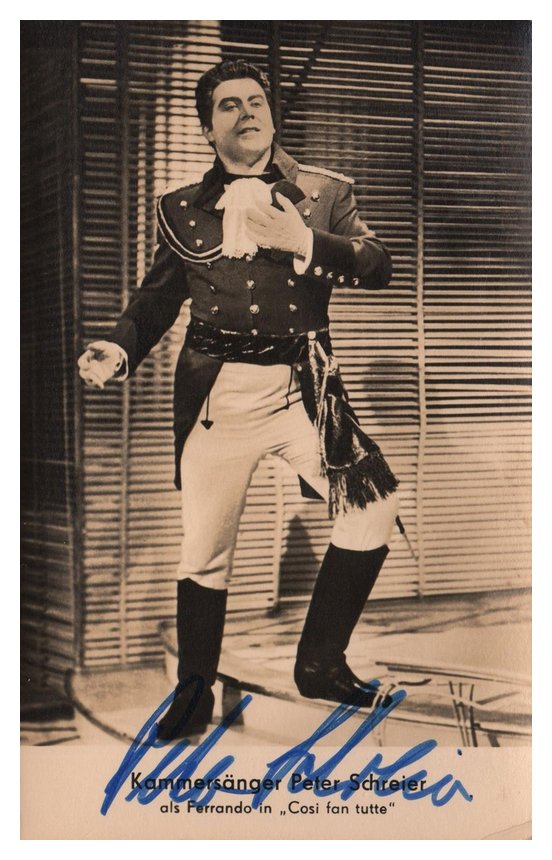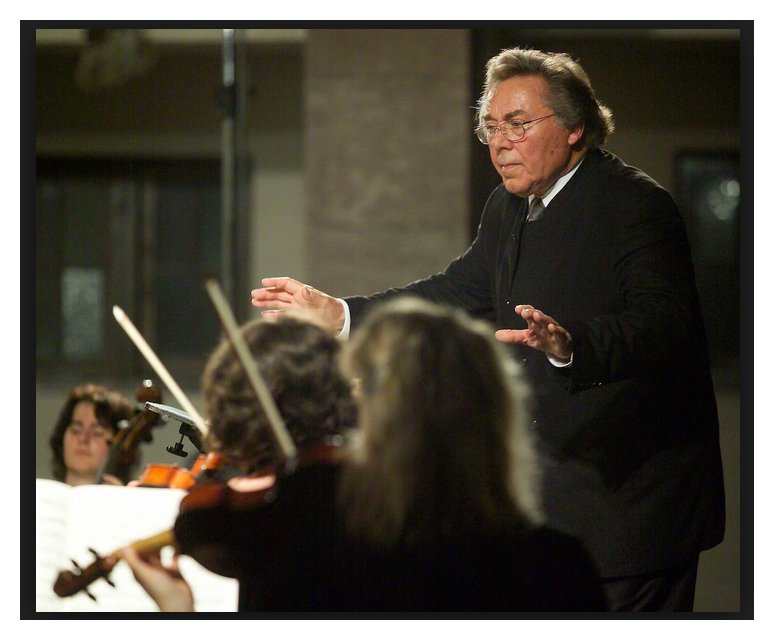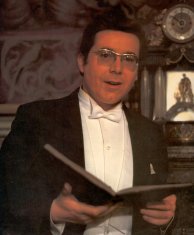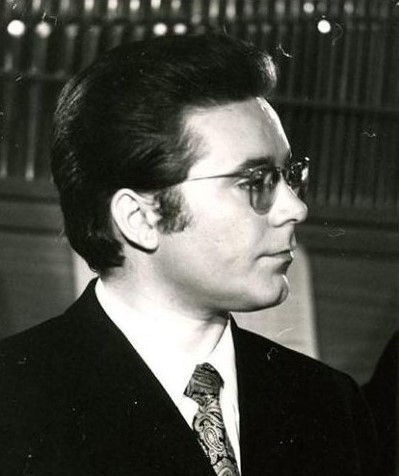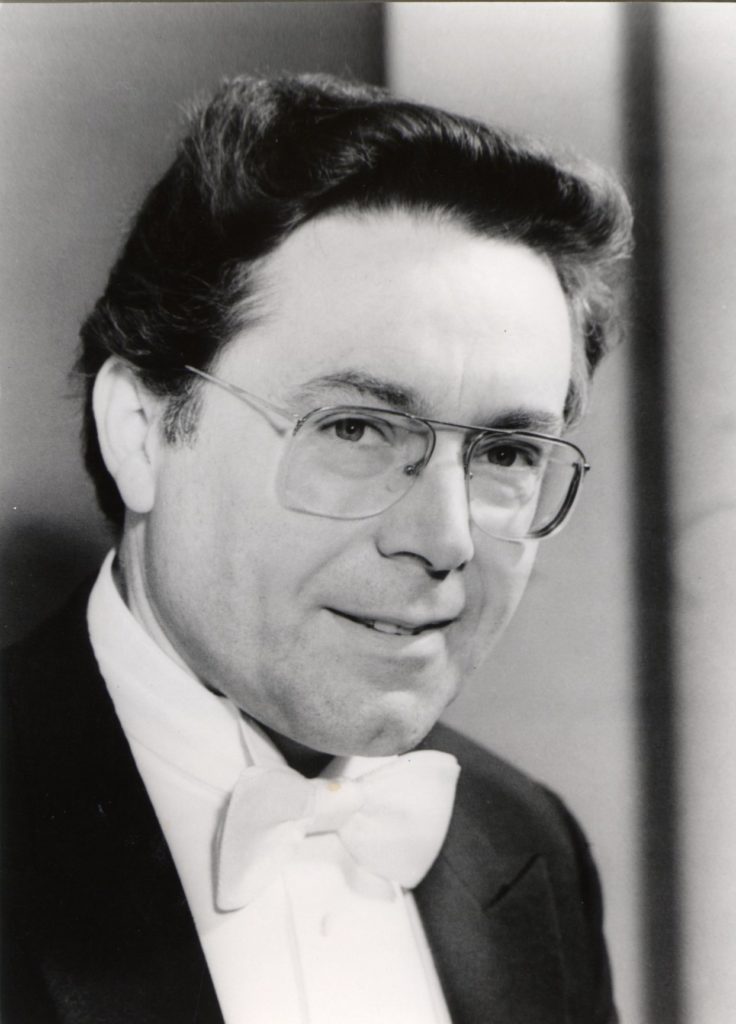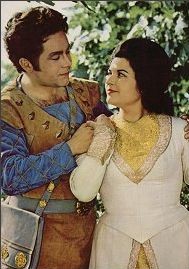Episode 17. Peter Schreier O sole mio (Needle Drop III)
SOCIAL SHARE
SUBSCRIPTION PLATFORM
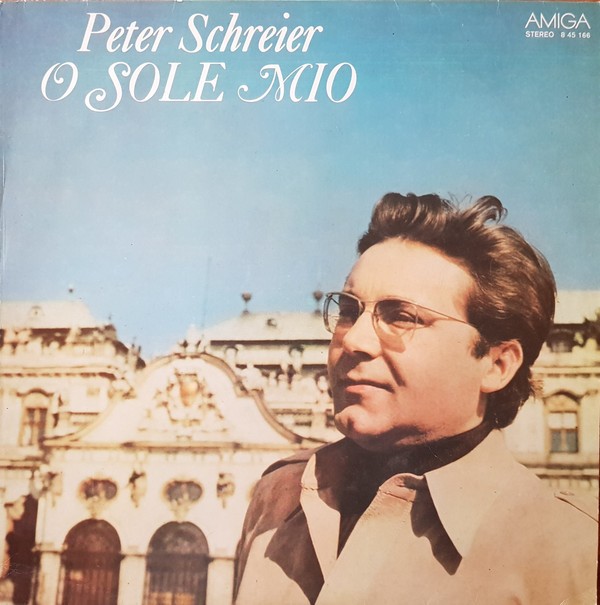
The highly-regarded German tenor Peter Schreier, who died in Dresden this past 25 December after a lingering illness at the age of 84, was particularly celebrated worldwide for his deeply musical performances of Bach, Mozart, and German Lieder. What many might not realize is what a significant popular icon Schreier was, particularly in the former East Germany. This episode celebrates his contribution to die leichte Muse with his 1979 release on Amiga, the pop division of the East German record label Eterna. The episode is supplemented by three selections from Schreier’s enormously appealing 1975 Eterna release, Peter Schreier singt Volkslieder.
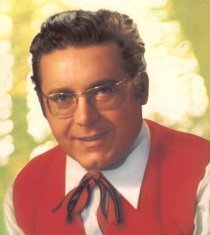
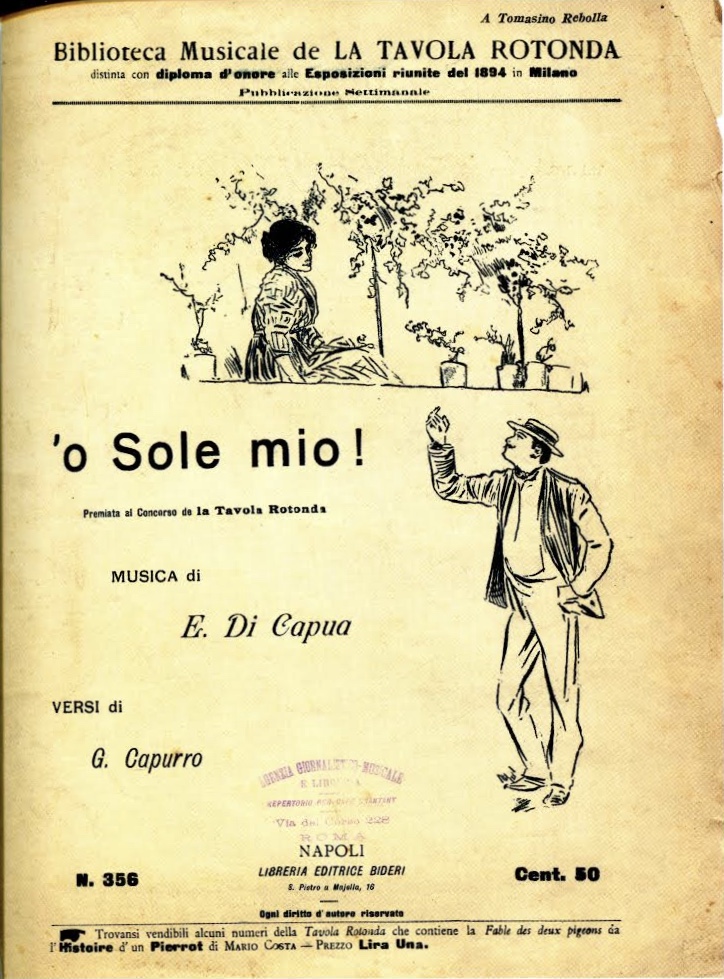
RECORDINGS HEARD IN THIS EPISODE
The first 13 selections constitute the complete Amiga (Eterna) Records release O sole mio, recorded in 1977. Robert Hanell leads the Großes Rundfunkorchester Berlin. Musical arrangements are by Gerhard Kneifel; the album was produced by Bernd Runge.
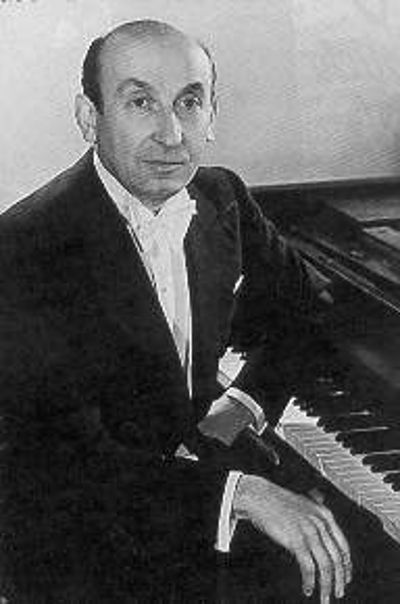
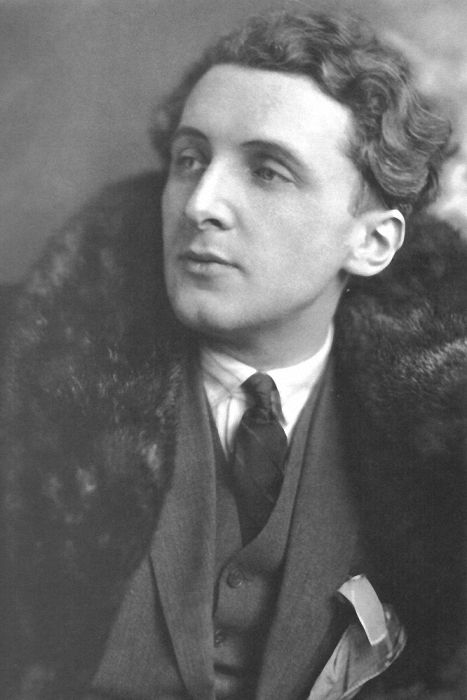
Mischa Spoliansky (1898-1985), Marcellus Schiffer (1892-1932): Heute Nacht oder nie. Please read more about Spoliansky and his unique importance here. And find out more about the author, graphic designer, painter, and librettist Schiffer here.

HOMO ALERT: Mischa Spoliansky (under the pseudonym Arno Billing) and the lyricist Kurt Schwabach, created the early gay anthem Das lila Lied (The Lavender Song) in 1921. It was dedicated to the great sex researcher and gay liberation pioneer Magnus Hirschfeld. The phrase “anders als die Andern” [different from the others] forms part of the song’s lyrics.
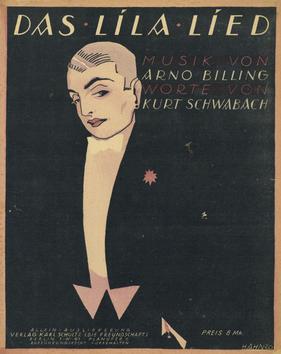
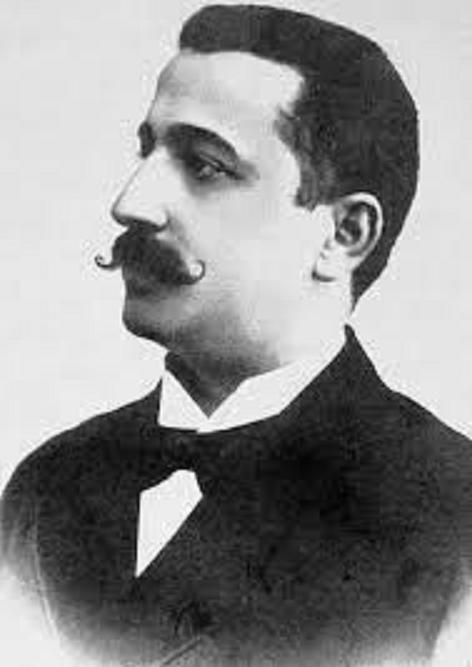
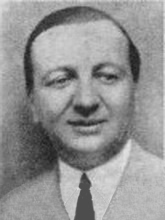
Ernesto de Curtis (1875-1937), Domenico Furnò (1892-1983): Non ti scordar di me
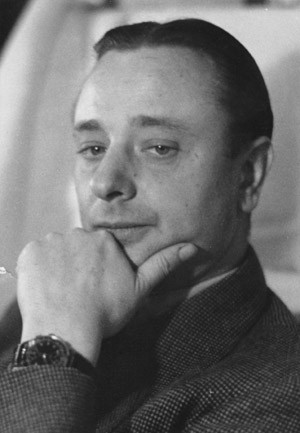
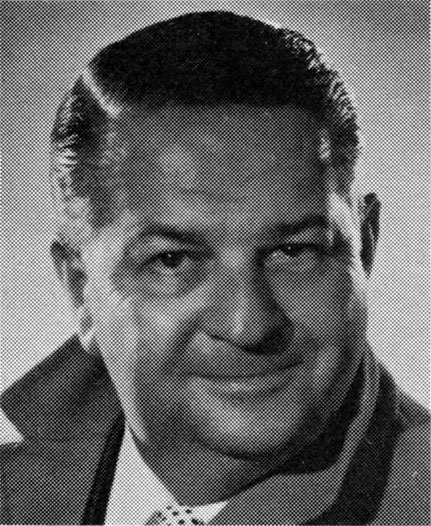
Gerhard Winkler (1906-1977), Ralph Maria Siegel (1911-1972): Chianti-Lied (Tarantella) [Hoch die Gläser, hoch das Leben]. Hear Winkler’s most famous song “Mütterlein” (known in English as “Answer Me”) as sung by Rudolf Schock by clicking here. Hear the composer-lyricist Siegel’s most famous song “Ich hab noch einen Koffer in Berlin” as sung by Marlene Dietrich in 1954 by clicking here.
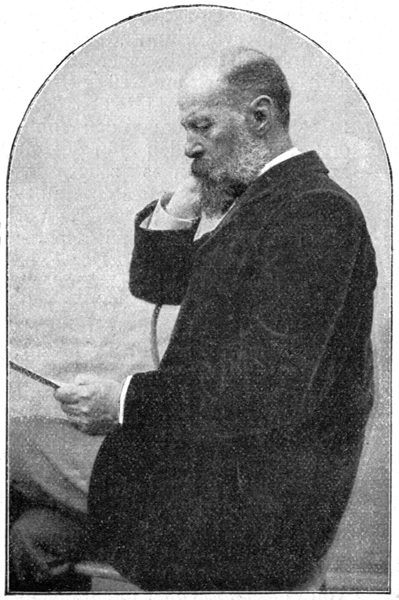
Carl Bohm (1844-1920): Still wie die Nacht. Bohm, an enormously popular German song composer, sometimes published under the pseudonym Henry Cooper. According to The Oxford Companion of Music, “his publisher, N. Simrock, declared that the profits on his compositions provided the capital for the publication of those of Brahms.” Still wie die Nacht is without a doubt his most enduring song.
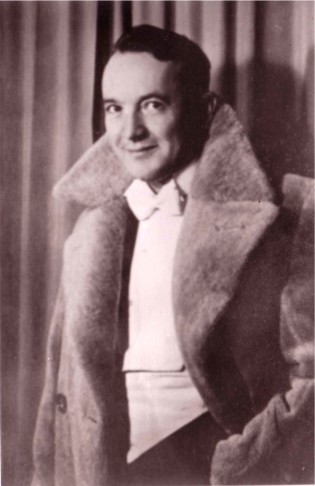
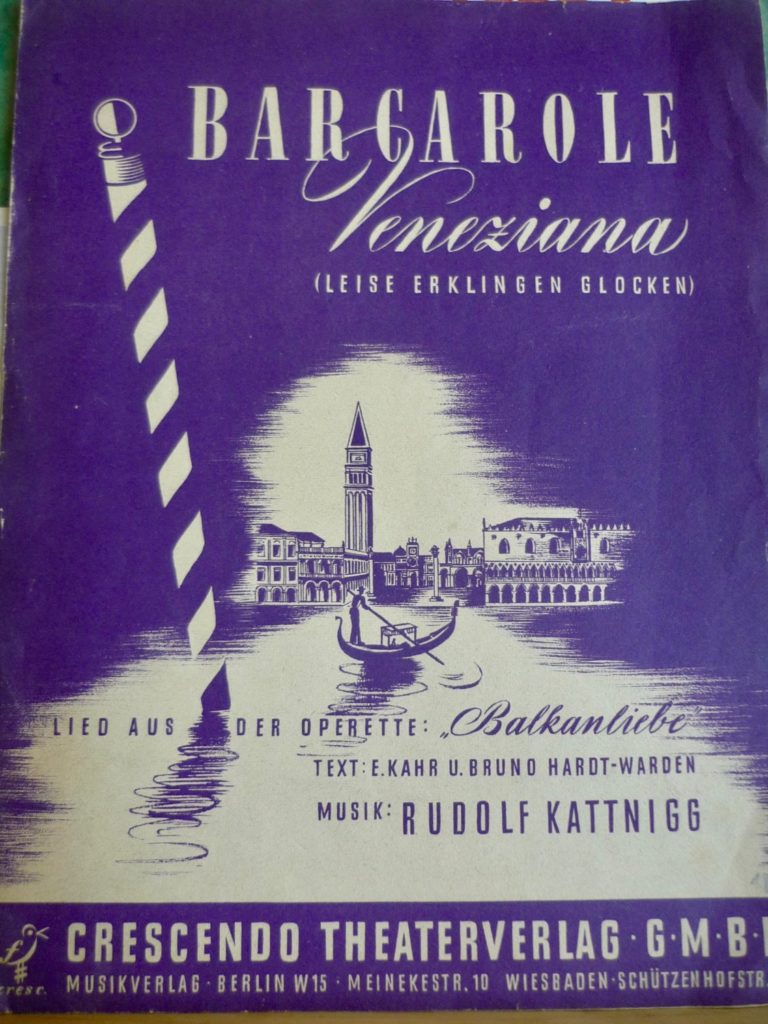
Rudolf Kattnigg (1895-1955), Erik Kahr, Bruno Hardt-Warden (1883-1954): Leise erklingen Glocken von Campanile (Balkanliebe). I did not realize this at the time that I recorded the episode, but it appears that Kattnigg was touted by the Nazi regime, though his operetta Balkanliebe (1936, first heard in 1937 in Leipzig) was not performed in Vienna during WWII.
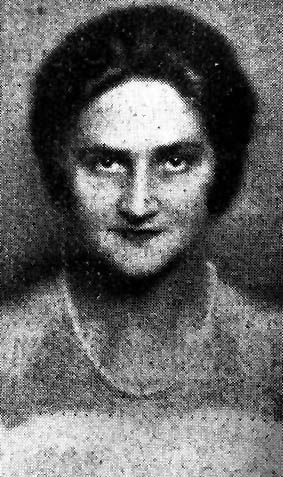
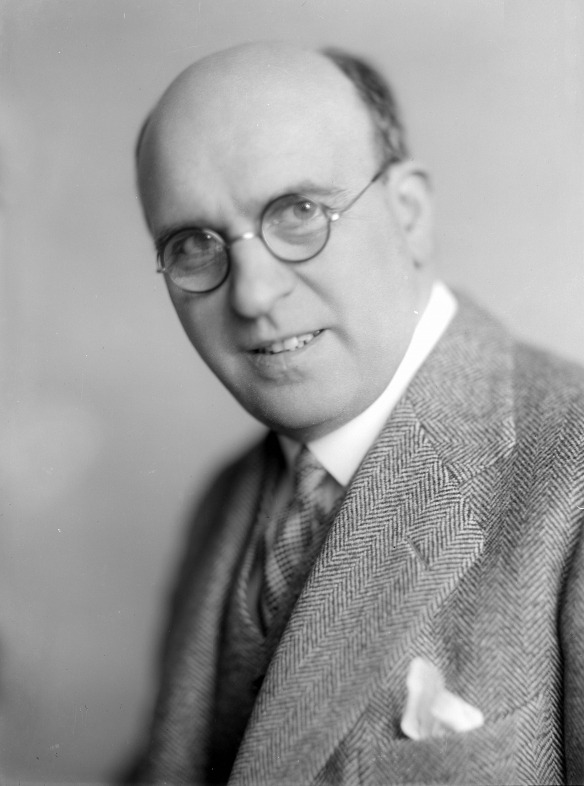
Henry Love [ née Hilda Löwi, AKA Hilde Loewe-Flatter] (1895-1976), Fritz Löhner-Beda (1883-1942): Das alte Lied. Henry Love was the pseudonym of Hilda Löwi, an Austrian-Jewish pianist and composer. You can read a bit more about her here. Fritz Löhner-Beda was an Austrian librettist and lyricist who was murdered by the Nazis at Auschwitz. Knowing of the hardships visited upon both of the creators of this song gives particular poignancy to the lyric of the song.
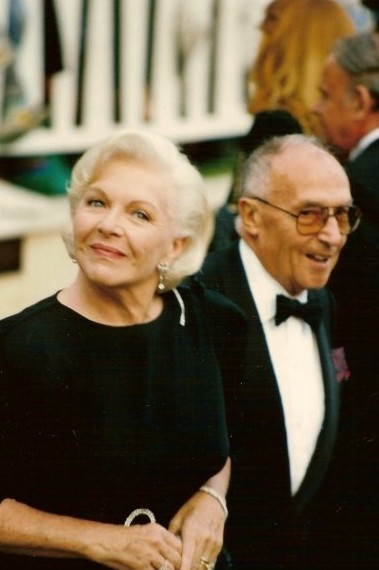
Photo by Georges Biard
Morris Albert (b. 1951), Michael Kunze (b. 1943): Frühling [Feelings]. As described in the episode, the Brazilian composer Morris Albert (né Maurício Alberto Kaisermann) actually pilfered the music for this song from the French composer Louis “Loulou” Gasté (1908-1995), who composed “Pour toi” in 1956 to lyrics by Albert Simonin and Marie-Hélène Bourquin. (I think I accidentally referred to M. Gasté as “she” in the episode.) The song was subsequently recorded by Gasté’s wife, the actress, chanteuse, and eventual AIDS activist Line Renaud. The song had been a big hit for Renaud, who as of this writing is still with us at the age of 91, and was covered by many singers since then, so it showed enormous chutzpah on Albert’s part to claim the song as his own composition! Upon discovery of Albert’s actions, Gasté subsequently sued him in 1977 for theft of intellectual property. In 1988, Gasté was awarded 7/8 of Albert’s profits for the song Albert had claimed as his own composition. (Albert retained 1/8 of the profits as the composer of the new lyrics.) To quote Sir Walter Scott: Oh what a tangled web we weave when first we practise to deceive! Since composing the German lyric that Schreier sings here, Michael Kunze has become an important lyricist and librettist of various German-language megamusicals, including Tanz der Vampire, Elisabeth, and Mozart!

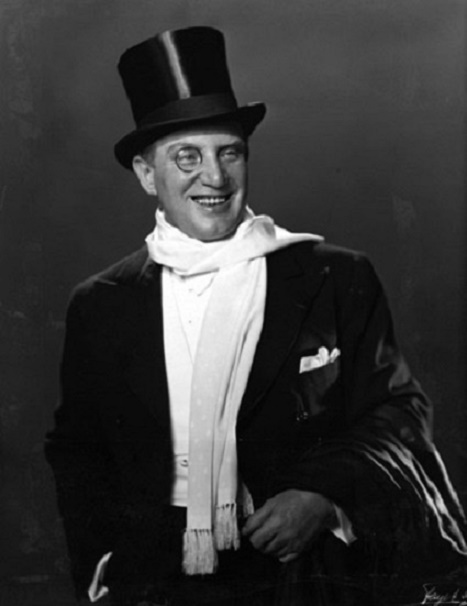
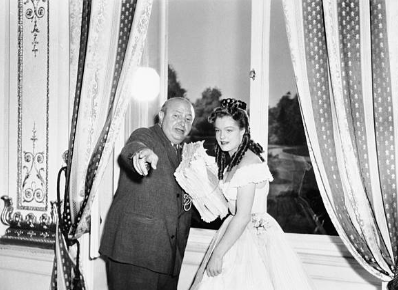
Richard Tauber (1891-1948), Ernst Marischka (1893-1963): Du bist die Welt für mich (Der singende Traum). Ernst Marischka was an Austrian screenwriter and film director who directed Romy Schneider in the Sissy-Trilogie.
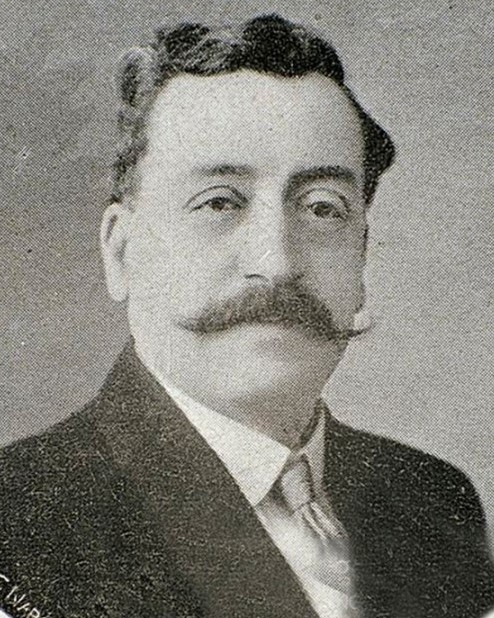
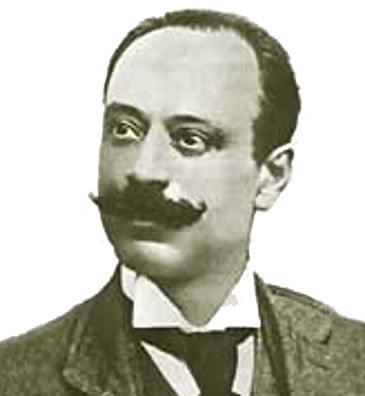
Eduardo di Capua (1865-1917), Giovanni Capurro (1859-1920): O sole mio
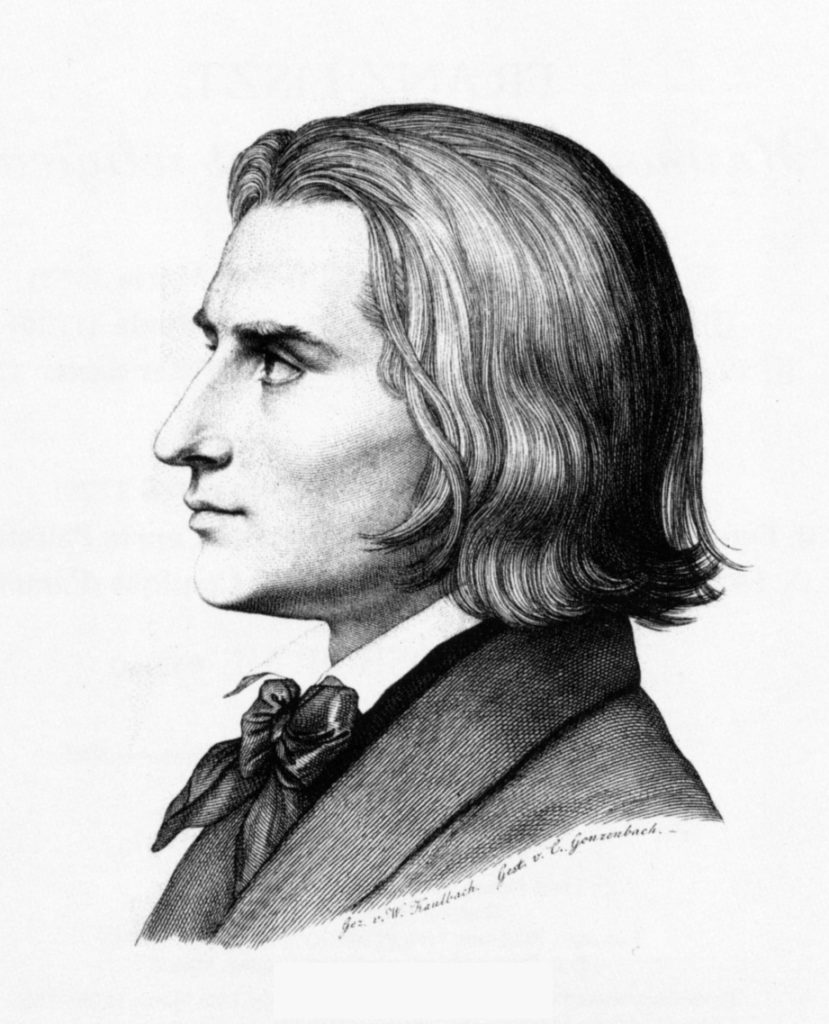
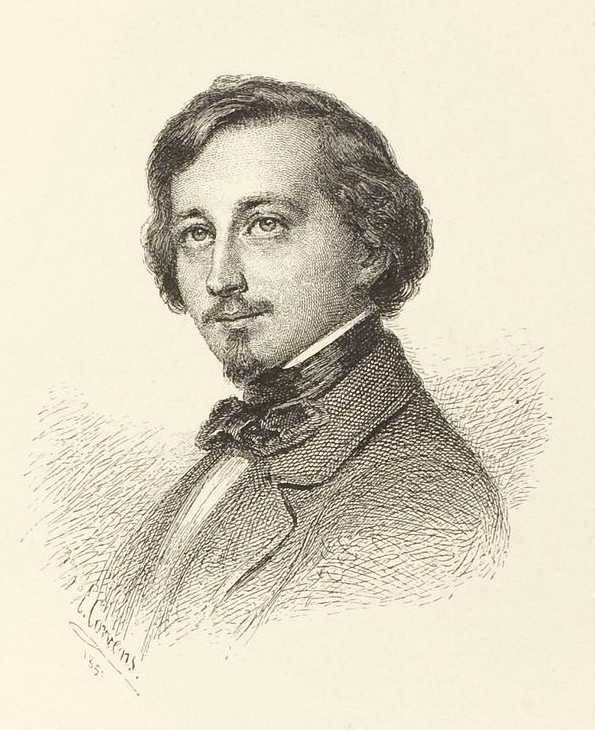
Franz Liszt (1811-1886), Oskar von Redwitz (1823-1891): Es muß ein Wunderbares sein
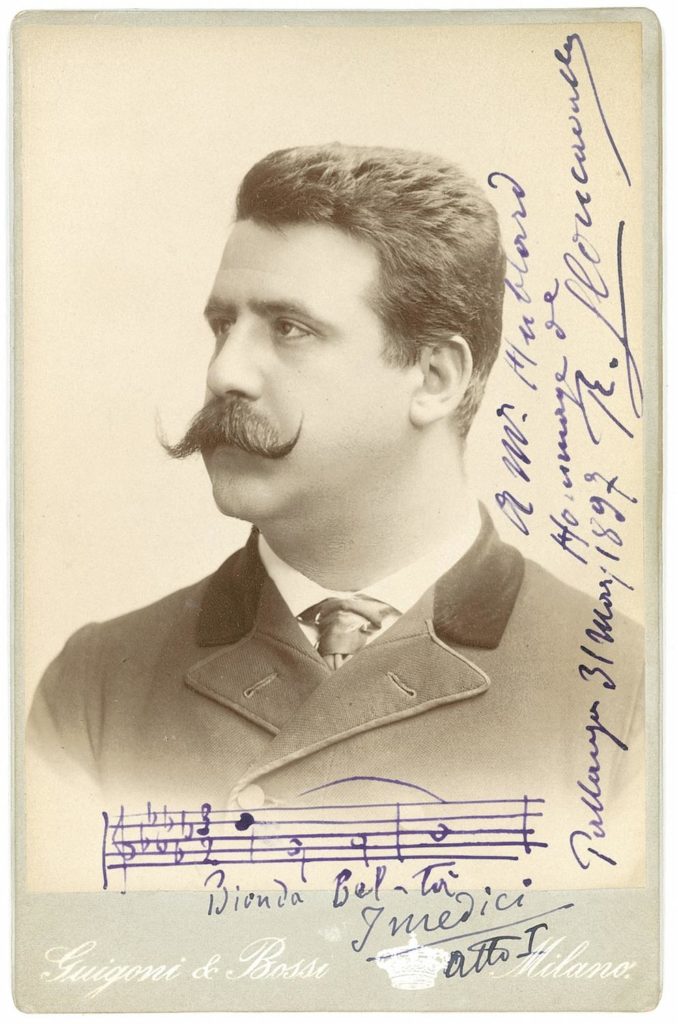
Ruggero Leoncavallo (1857-1919): Mattinata
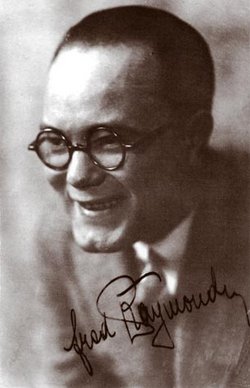
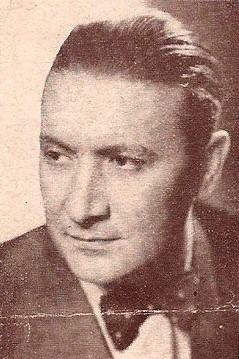
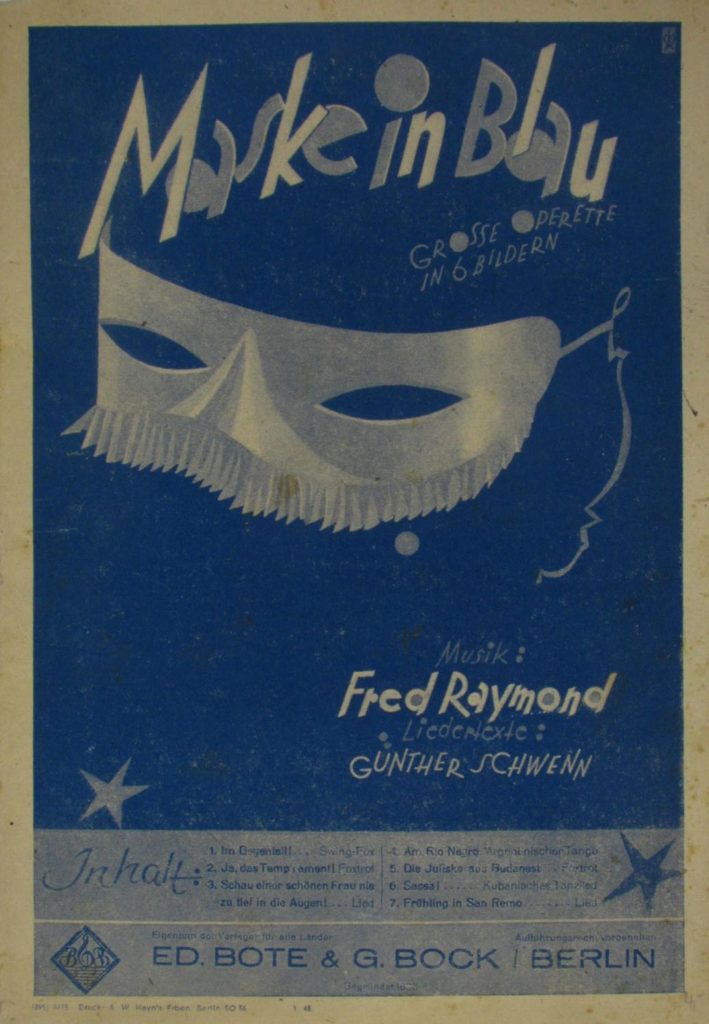
Fred Raymond (1900-1954), Günther Schwenn (1903-1991): Schau einer schönen Frau nie zu tief in die Augen (Maske in Blau).
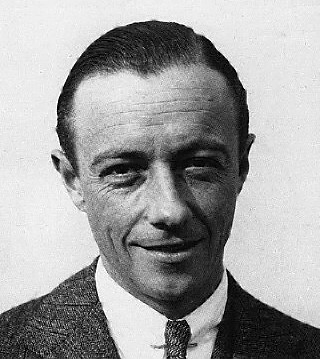
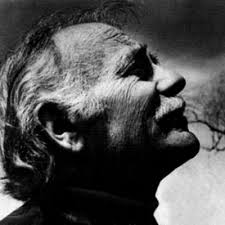
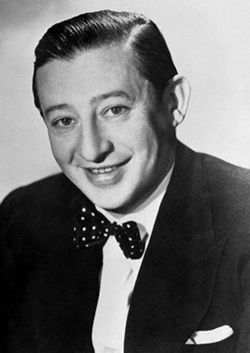
Vincent Youmans (1898-1946), Billy Rose (1899-1966), Edward Eliscu (1902-1998): Gäb’ es kein Lied [Without a Song] (from Great Day). This standard is from the 1929 show Great Day, which also spawned the title song, as well as the unsterbliche “More Than You Know” (one of my very favorite songs!)
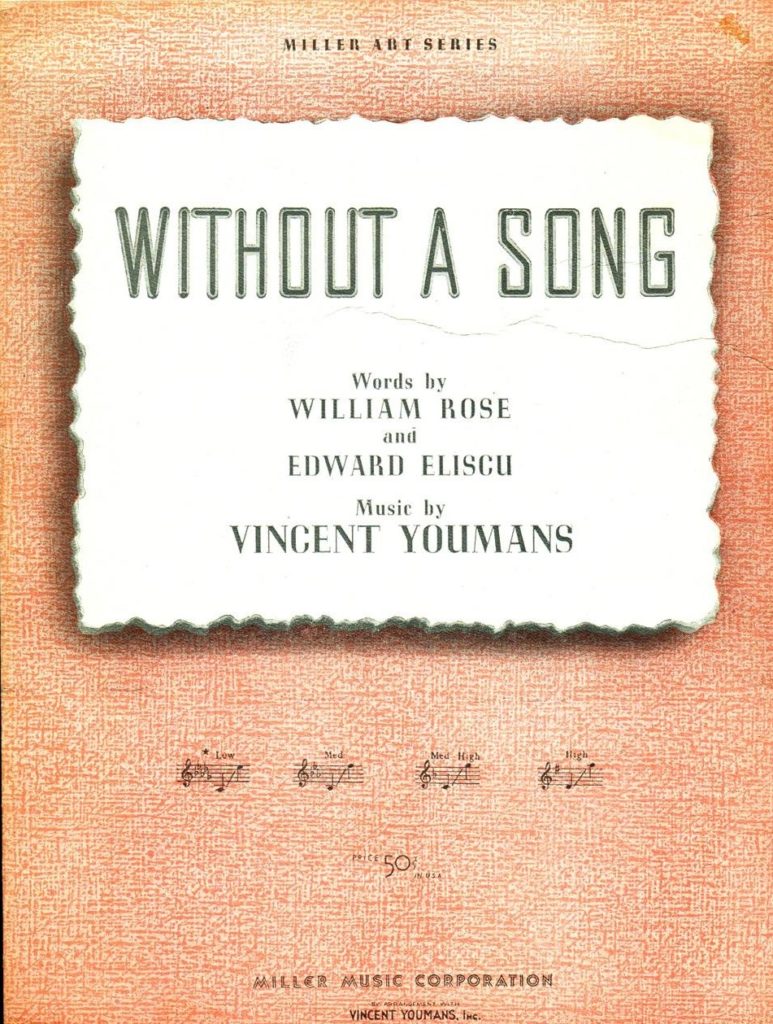
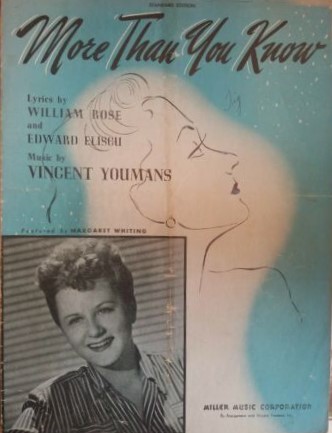
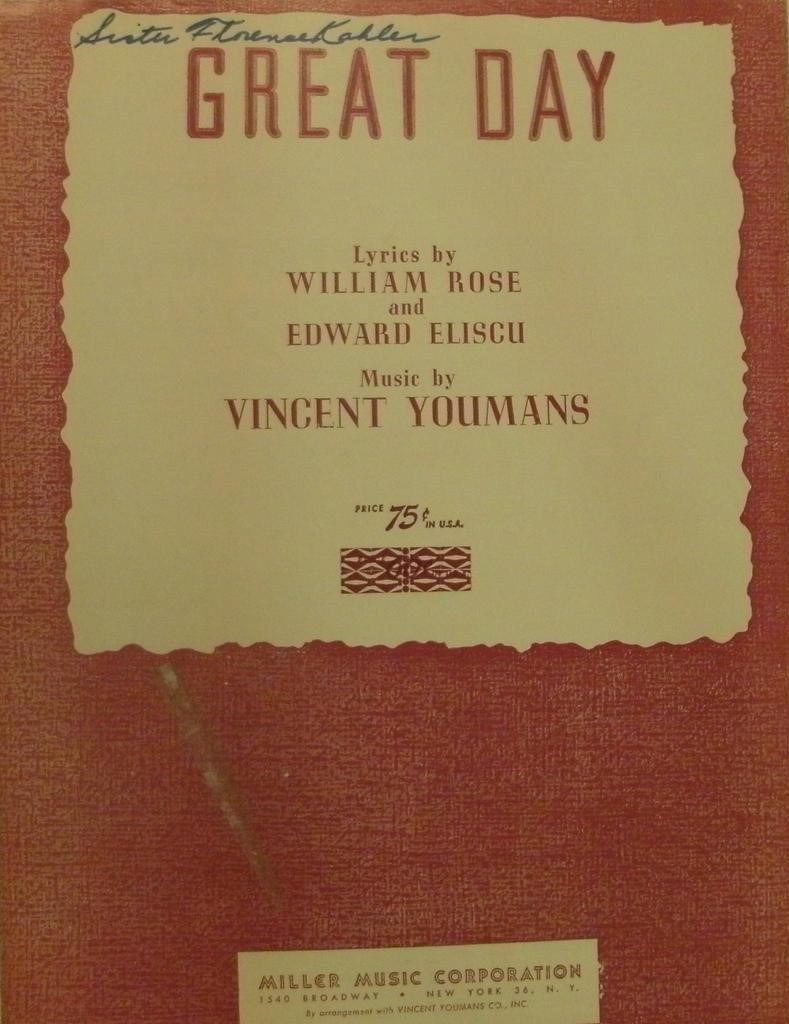
Please note: Ten years before this release, Peter Schreier made another similar recording, also called O sole mio, which I have not yet heard. In that instance, the Großes Tanzstreichorchester des Deutschlandsenders is led by Jürgen Hermann. I’m curious to hear it, but as I (sometimes, though not often enough) subscribe to the dictum that too much of a good thing is simply too much, I will probably not be offering this album as a Needle Drop episode anytime soon. For the curious, this is what the original album cover looked like:
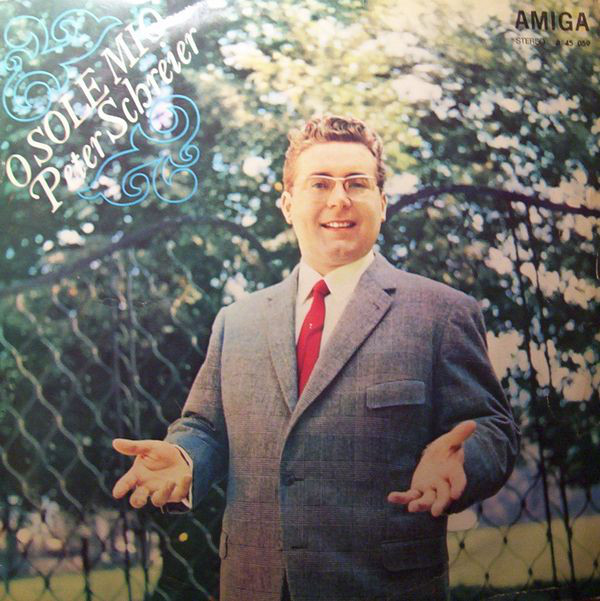
The last three clips are from the 1975 release Peter Schreier singt Volkslieder. For this recording, Peter Schreier is accompanied by members of the Gewandhausorchester Leipzig led by Horst Neumann. In other tracks not heard on this recording, he is further assisted by the Rundfunkchor Leipzig as well as members of the Thomanerchor (yes; that Thomanerchor). The album has recently been reissued in a remastered version on CD. I recommend it heartily if you like this sort of thing as much as I do.
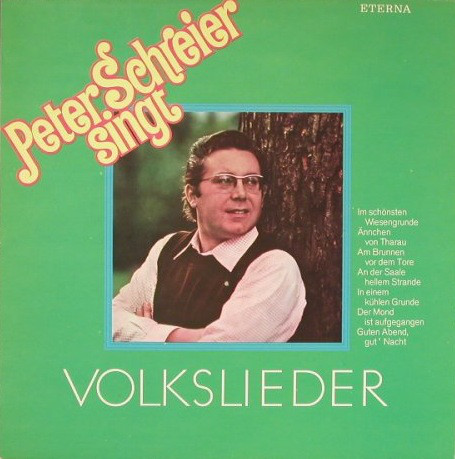
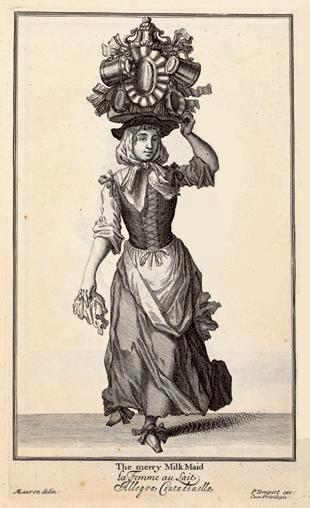
German Folk Song: Mein Mädel hat einen Rosenmund. Though this Volkslied is probably best known to non-Germans in the arrangement by Johannes Brahms, in this version Schreier is simply accompanied by guitar.
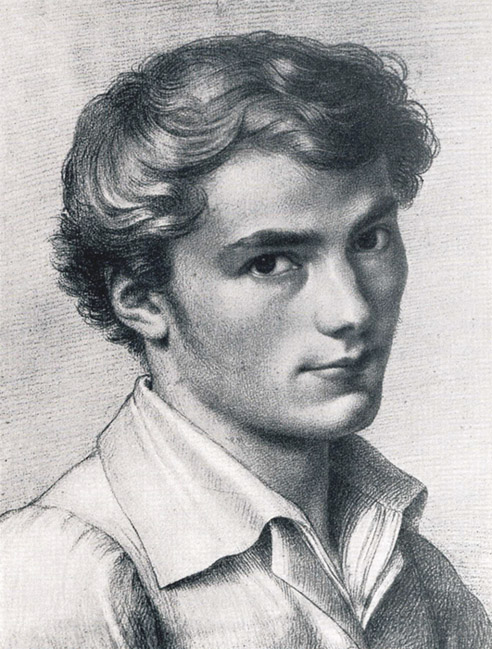
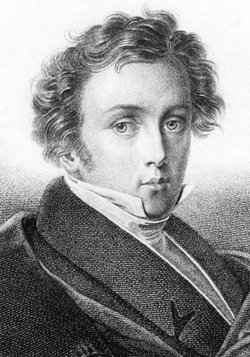
Franz Schubert, Wilhelm Müller: Am Brunnen vor dem Tore. On the podcast I refer to the differences between Schubert’s original Kunstlied and the Volkslied arrangement heard here, which is known to nearly all Germans and considered by many to be a folk song, rather than an original song composed by Schubert. Schreier is once again accompanied, simply and eloquently, by a solo guitar.
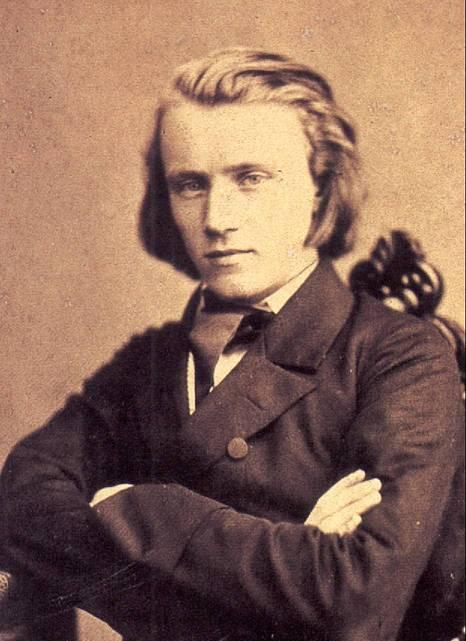
Johannes Brahms: Guten Abend, gut’ Nacht. The song known worldwide as the Brahms Lullaby in an unadorned arrangement for orchestra and the voice of Peter Schreier, here ineffably tender.
